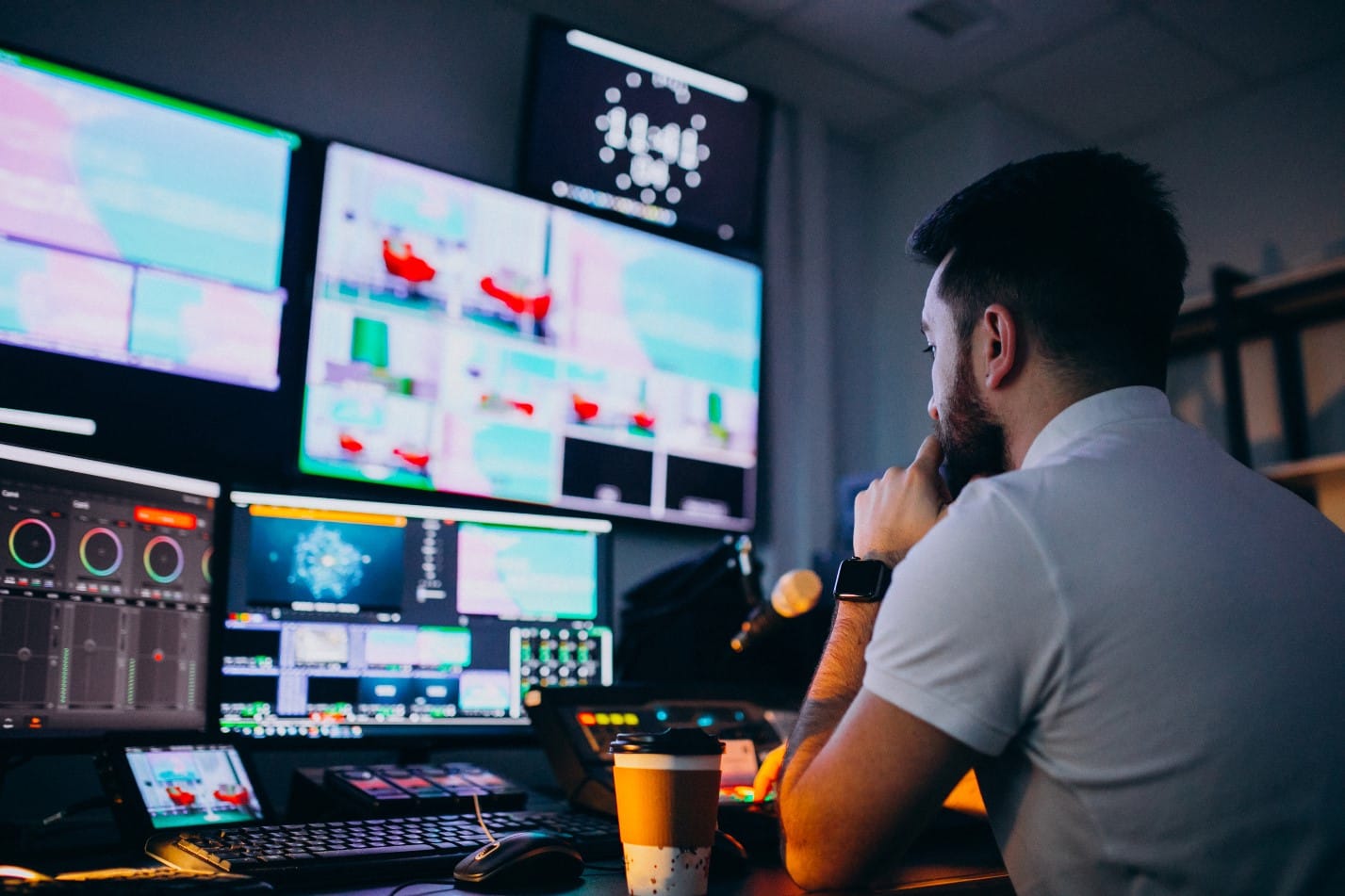As a game producer, your role encompasses various responsibilities across different areas of game development. Your primary objective is to oversee the entire game development process and ensure the successful completion of the project. Here are the different areas that a game producer has to take care of:
Project Management: Managing the development schedule, setting milestones, and ensuring that the project progresses according to the timeline. Coordinating with team members to track progress, address potential roadblocks, and keep the project on track.
Team Coordination: Facilitating effective communication and collaboration among team members, including artists, programmers, designers, sound engineers, and testers. Ensuring that everyone understands their roles and responsibilities and fostering a positive team dynamic.
Resource Management: Managing the allocation of resources, such as budget, time, and manpower, to ensure that the project remains within its constraints and meets its goals.
Quality Assurance: Implementing quality assurance processes to ensure the game’s stability, functionality, and overall playability. Overseeing bug tracking, testing, and feedback implementation.
Risk Management: Identifying potential risks and challenges that could impact the project’s success and implementing mitigation strategies to minimize their impact.
Creative Direction: Working closely with the creative leads, such as the game designer and art director, to ensure that the game aligns with the vision and meets the desired quality standards.
Budgeting and Cost Control: Managing the game’s budget, tracking expenses, and making sure that the development stays within the allocated financial limits.
Marketing and Publishing: Collaborating with marketing teams to plan the game’s marketing strategy and coordinating with publishers (if applicable) to facilitate the game’s launch and distribution.
Stakeholder Communication: Maintaining communication with stakeholders, such as studio executives, investors, or clients, and providing regular updates on the project’s progress.
Legal and Compliance: Ensuring that the game development process adheres to legal and regulatory requirements, including copyright and intellectual property issues.
Post-Release Support: Overseeing post-release support, including bug fixes, updates, and potential expansion packs or downloadable content (DLC).
Market Analysis: Staying informed about industry trends, competitors, and player preferences to make informed decisions and optimize the game’s potential success.
Overall, a game producer plays a pivotal role in orchestrating the various aspects of game development, making sure the project runs smoothly, and ultimately delivering a polished and successful game to the market.



